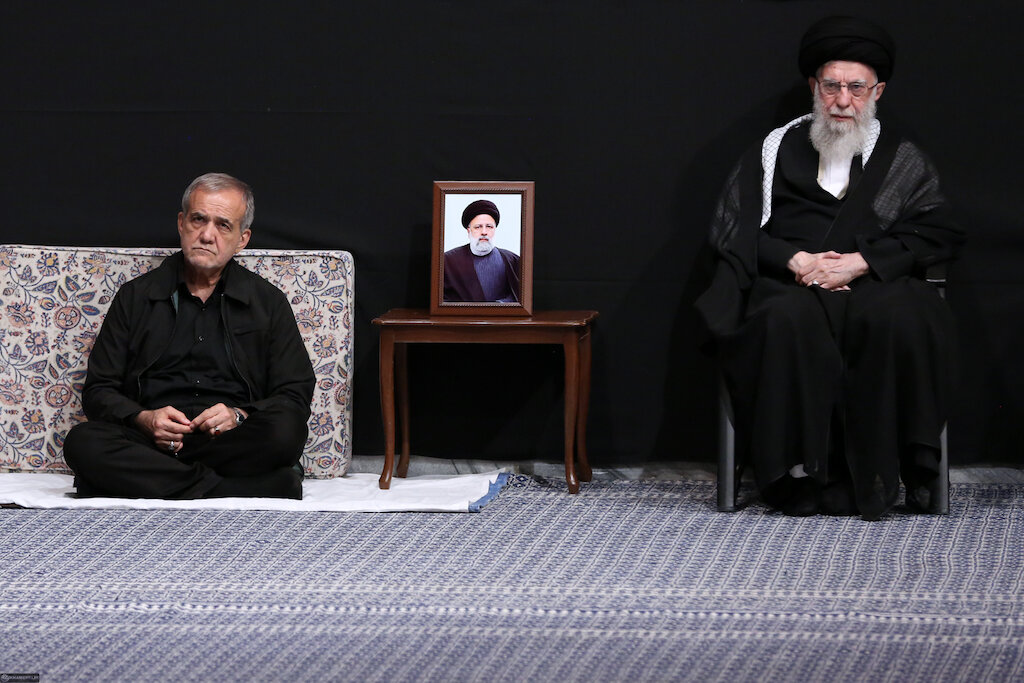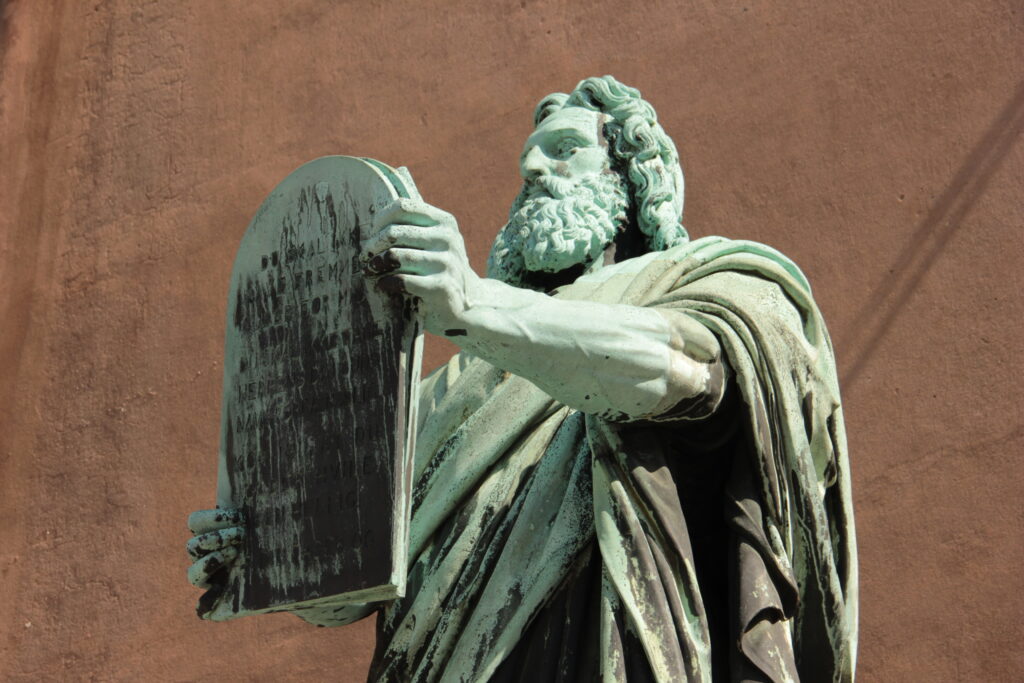IN THE MEDIA
Israel’s success story will have more chapters
May 14, 2018 | Colin Rubenstein

Colin Rubenstein
Herald Sun – 14 May 2018
SEVEN decades after its founding, Israel – one of the world’s most enduring and stable democracies – has also matured into one of the world’s most vibrant and dynamic nations.
Its success must also be considered among the most unlikely. Israel’s beginnings as a war-torn haven for a ragtag collection of ethnically diverse refugees hardly seemed the recipe for future prosperity, political cohesiveness and longevity.
In those early years, waves of immigration joined an existing nucleus of 600,000 indefatigable Zionist pioneers seeking to materialise the hope of generations of their forefathers – to restore sovereignty in the land where the Jews became a people more than 3000 years ago. Those visionaries had to absorb hundreds of thousands of Jewish refugees from the Holocaust and Arab lands even as the ink on the 1949 Armistice agreement was drying.
Israel’s Declaration of Independence on May 14, 1948, 70 years ago today, enshrined the nation’s founding principle of equality for all its citizens. Its Arab population carried the same vote and rights in the eyes of the law as the Jewish majority, although trust issues, disagreements and tensions obviously lingered.
Somehow, the “little country that could”, did. Today, Israel is a hi-tech superpower that other countries seek to emulate in terms of fostering a culture of innovation and creative problem-solving.
The ride wasn’t always smooth. Israel’s economy in the 1980s was in freefall. Yet today, inflation and unemployment in Israel are among the world’s lowest. The country enjoys a trade surplus despite the strong shekel, holds record-high levels of foreign currency reserves and carries lower public debt than Germany, Britain, France and the US.
Its economic growth has outpaced all other Western countries since 2000 – a feat all the more astounding given that Israel faced numerous security threats at the same time, including the Second Intifada, the Second Lebanon War and major military confrontations with Hamas.
Much to the chagrin of activists who have tried to isolate and delegitimise Israel through vindictive boycotts, the world isn’t distancing itself. On the contrary, deepening trade ties, strategic alliances and collaboration are making the Jewish state globally indispensable. Over the past week, Israel hosted Japan’s Prime Minister Shinzo Abe, while in the past year, Prime Minister Malcolm Turnbull and India’s Prime Minister Narendra Modi have paid state visits, further cementing bilateral relations. Shortly, Prince William will become the first member of the British royal family to visit in an official capacity.
Moreover, the advent of flights from Delhi to Israel that fly over Saudi Arabia and Oman has as much to say about warming contacts between Israel and the Gulf States as it does about Israel – India relations.
Israel is a free and open society, a fulcrum for technological growth in a digitally interconnected world and a role model for cohesion, diversity, equality and tolerance in an intolerant, fragmented and violence-prone region.
Yet Israel, like all countries, is fallible and contends with its own idiosyncratic problems in the best way it can. Like Australians, Europeans and Americans, Israelis wrestle with questions regarding asylum-seekers, economic inequality, fringe racism and the dangers posed by Islamist ideology. Even so, polls show that Israelis are one of the world’s happiest peoples, despite problems in their society and institutions.
Many Israeli commentators have identified the peace paradox facing Israel’s centrist consensus – voters caught in a bind over justifiable fears that the absence of a Palestinian state might endanger the future of the Jewish state demographically, but also that the creation of a Palestinian state under current circumstances would endanger Israel’s security.
THAT never-ending search for peace has been a constant Israeli political and societal goal. While progress has been made, Israel’s willingness to extend its hand in peace to its neighbours and to make painful concessions in return for an end to conflict that secures Israel’s right to self-determination as the Jewish homeland has not yet been fully achieved, especially with the Palestinians.
Israel is a work in progress – but what exists is an inspiration and an incredible success story in so many ways. Threats remain, especially the pledge by the Iranian leadership to eliminate Israel, strengthened by its enhanced regional presence and proxies. As the newly uncovered Iranian nuclear archives show, Iran’s long-term goal is to produce nuclear weapons, which undoubtedly remains Israel’s most grave long-term security concern.
Yet Israel will find the wherewithal to address these challenges and continue to build on the impressive achievements that have characterised its remarkable record of the past 70 years.
DR COLIN RUBENSTEIN IS EXECUTIVE DIRECTOR OF THE AUSTRALIA/ISRAEL & JEWISH AFFAIRS COUNCIL
Tags: Israel





